In his statements in the program, Dalbeler drew attention to the current state of protectionism policies and emphasized that Europe and the US in particular are taking increasingly creative and restrictive measures to protect the steel industry. Dalbeler reminded that the 25% tariff imposed under former US President Donald Trump was recently increased to 50%, and that after this implementation, it became almost impossible for Europe to export steel to the US.
Citing these developments, Dalbeler reminded that Europe introduced quotas and tariffs on imported steel in 2019, and stated that such measures, which can be applied temporarily for three years under normal conditions according to World Trade Organization (WTO) rules, are now arbitrarily extended by both Europe and the US. "Today, WTO rules are no longer working adequately. Neither the US nor Europe is taking these rules seriously," he stated.
Europe wants to limit scrap exports
One of the most striking topics in Uğur Dalbeler's evaluations was Europe's new strategy for scrap exports. Dalbeler stated that Europe is turning towards scrap-based production in line with its decarbonization targets in steel production, and therefore the demand for scrap has increased rapidly. “Steel producers in Europe are putting pressure on Brussels and demanding that scrap exports be restricted or stopped altogether, saying ‘We create the scrap, but Turks, Indians and Egyptians buy it; prices are rising and we cannot compete’,” Dalbeler noted, adding that these demands are justified on environmental grounds.
Dalbeler emphasized that Brussels has started to make legislative arrangements for scrap exports and is trying to introduce additional rules especially for exports to non-OECD countries. Stating that these steps pose a serious threat to Türkiye, Dalbeler stated, "Although these regulations do not directly prevent us yet, it is very likely that this process will include us. An extremely risky picture is emerging for Türkiye,".
Türkiye's scrap-based production advantage is under threat
Emphasizing that approximately 70% to 75% of Türkiye's steel production capacity is realized through scrap-based production, Uğur Dalbeler noted that this creates a great competitive advantage for Türkiye. Especially with the European Union's Border Carbon Adjustment Mechanism (CBAM), which is scheduled to enter into force in 2026, Türkiye will gain a serious advantage in the European market thanks to its steel production with a low carbon footprint.
However, potential European restrictions on scrap exports could eliminate this advantage, Dalbeler stated, adding that Türkiye could face a major disadvantage in both direct steel exports and indirect exports to the manufacturing industry. “If steel used in sectors such as automotive, white goods and machinery manufacturing becomes more expensive, this will weaken our export power,” he explained.
The ECSC agreement should be reviewed
Referring to the European Coal and Steel Community (ECSC) agreement that Türkiye signed with the European Union in 1997, which is now a Free Trade Agreement, Dalbeler argued that this agreement is now working against Türkiye. "Although this agreement looks like a common market on paper, over time we have seen that only Türkiye has become a market. An asymmetric trade environment was created under the name of partnership. This is why Türkiye needs to renegotiate this agreement with Europe," he stated.
Chinese pressure is also growing
Uğur Dalbeler also drew attention to China's aggressive stance in the global steel market and stated that China has increased its exports from 5 million tons per month to 10-11 million tons per month, which has increased the pressure on Türkiye in particular. "China turned to Türkiye after being excluded from markets such as Europe and the US. However, 60-65% of steel production in China is under state control. Therefore, prices are very low thanks to state-supported production. We, on the other hand, are trying to produce with free market rules. We have no chance in such a competition," he stated.
Stating that this situation has led to losses for steel producers in Türkiye, lower capacity utilization rates and made it difficult to make sustainable investments in the sector, Dalbeler emphasized that Türkiye should take stronger measures in the coming period.


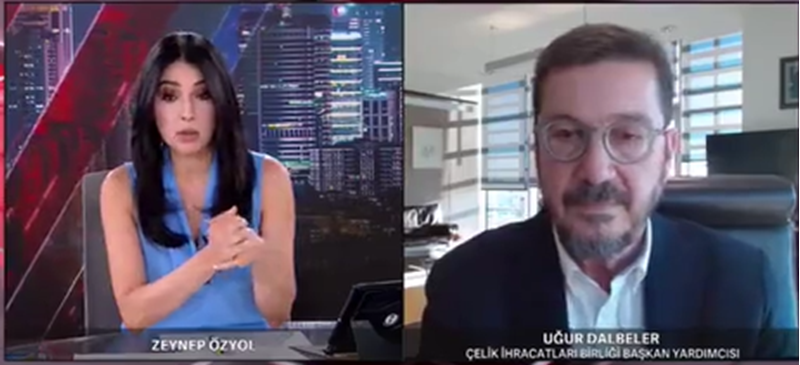

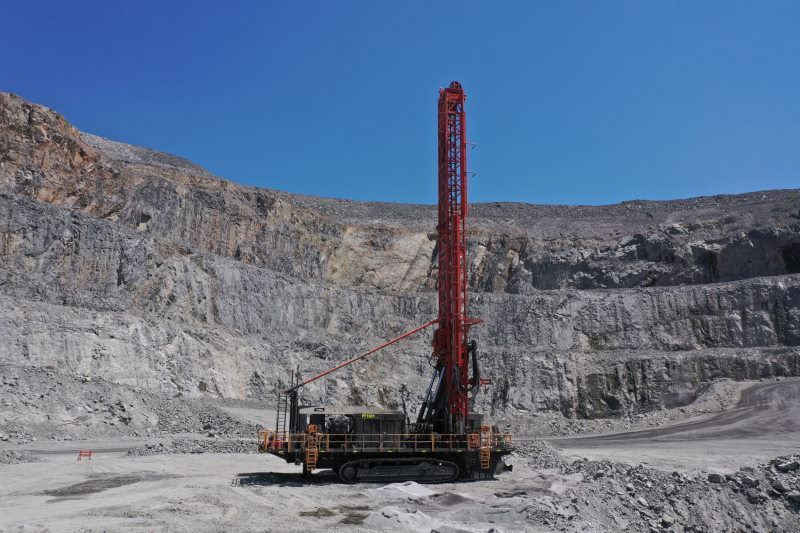
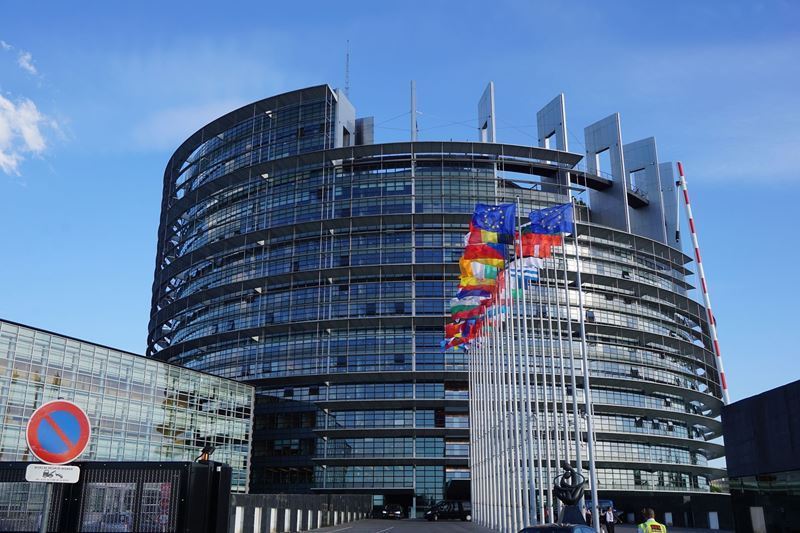
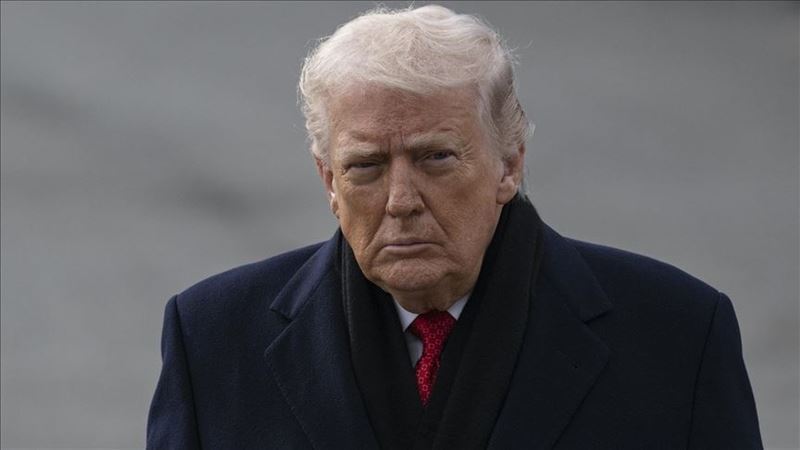
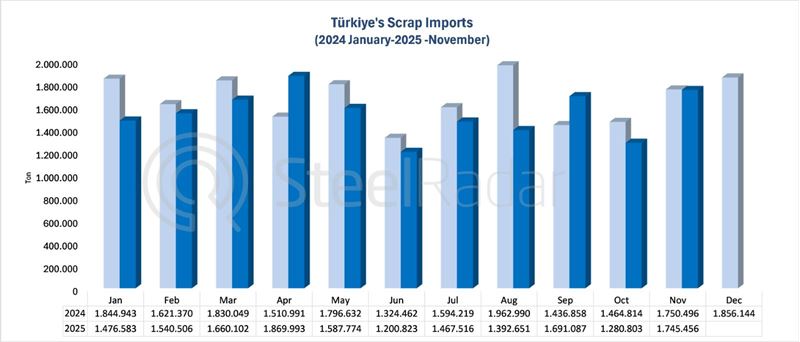


Comments
No comment yet.